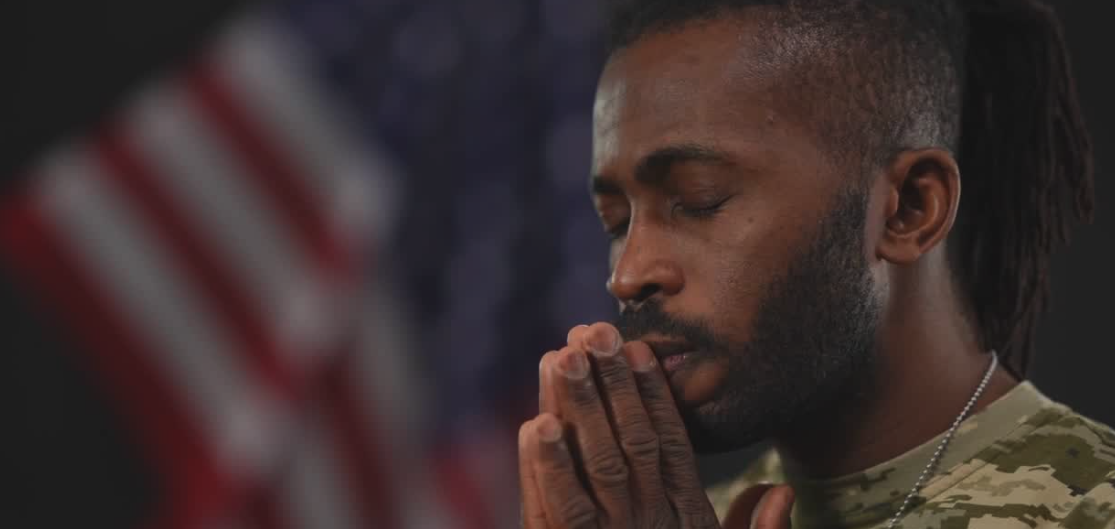LAS VEGAS (KTNV) — Southern Nevadans young, old and in-between are feeling the ripple effects of inflation. Veterans are also being hit hard, but help is available. 13 Action News anchor Kalyna Astrinos looks into the available assistance for vets in a series we're calling the Missing Middle.
"I was homeless upon coming here," says Iman Stallworth.
He knows a thing or two about tough times. The Army veteran found himself on the streets shortly after moving to Las Vegas.
At an all-time low, Stallworth admits he thought he might not recover. But then he decided to reach out to the Department of Veterans Affairs.
"Luckily, with the peer support training they have here, peer support specialists were able to talk me through and get me going and motivate me," Stallworth said.
Since the pandemic — and now, with rising inflation — other veterans may also find themselves in need of help for the first time. Many are part of the Missing Middle, a group making too much money to qualify for government assistance.
150% INCREASE
"In May 2021, through May 2022, we've had 150% increase in our walk-ins to CRRC," said Elizabeth Jarman, program coordinator at the VA's Community Resource and Referral Center, also known as the CRRC.
She says the need for veteran assistance is enormous right now — and housing tops the list.
DIGGING DEEPER: What's driving up Vegas area home prices? What does it mean for those who live here?
Jarman says the VA is seeing more instances of "veterans who have never been homeless before and, because of the real estate market, their landlords are selling their property. All of a sudden, the veteran may have lived there for seven or eight years and the landlord is selling it to make a profit."
Jarman says every veteran, no matter what, has a place to stay.
"If you hear veterans saying, 'the VA can't help' or 'there's no room' or 'the beds are full,' it's just not accurate. I would encourage them to come back in to see how we can assist," Jarman said.
HELPFUL PROGRAMS
Other programs include food assistance, legal help, education and employment, plus health and wellness.
"Whether that's therapy groups, medication; it may be substance abuse treatment and our addictive disorder treatment program, substance abuse or gambling addiction," Jarman said.
She says each program includes peer support from other veterans.
"They have to be a veteran. They have to be in recovery of some type for mental health or substance abuse, and so those peer support specialists have gone through the VA system," Jarman said.
The peer support model can help recreate the camaraderie military veterans may have had while they served.
"I think they're working on a different goal than their military mission, but they're all working toward independence in their own way, and so they're able to kind of build each other up," Jarman said.
CONNECT WITH VA
Bottom line, Jarman says the help is there. The toughest part is just connecting with the vets who need it.
"So my message to any veterans who have not had a good experience of the VA in the past... is to come back. We will welcome you with open arms. We will hear any of your concerns, try to address them," Jarman said.
Stallworth agrees. He knows the assistance is available, but admits veterans often hesitate to ask for help. So he has a special message:
"Although we are trained to be strong and self-sufficient in the military, which teaches us that, take that extra step to reach out," Stallworth said.
So, are you part of the Missing Middle? Are you a veteran struggling to make ends meet?
Call 877-4-AID-VET (877-424-3838) for help.
Find more help and support for housing, food, utilities, employment and child care at ktnv.com/missingmiddle.




